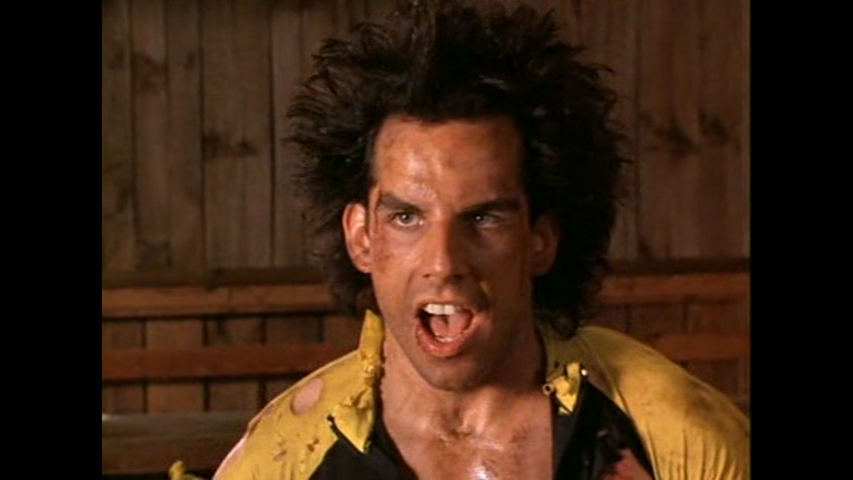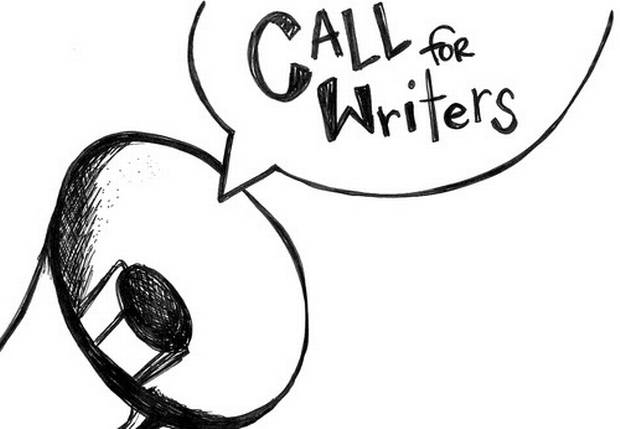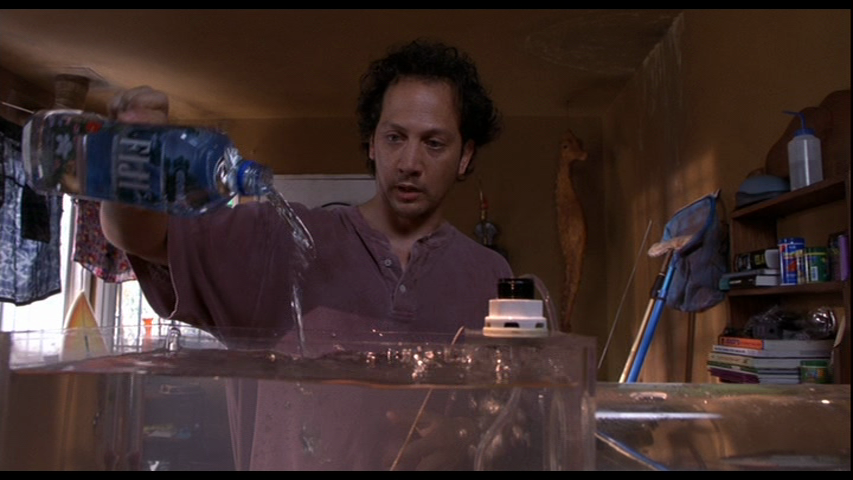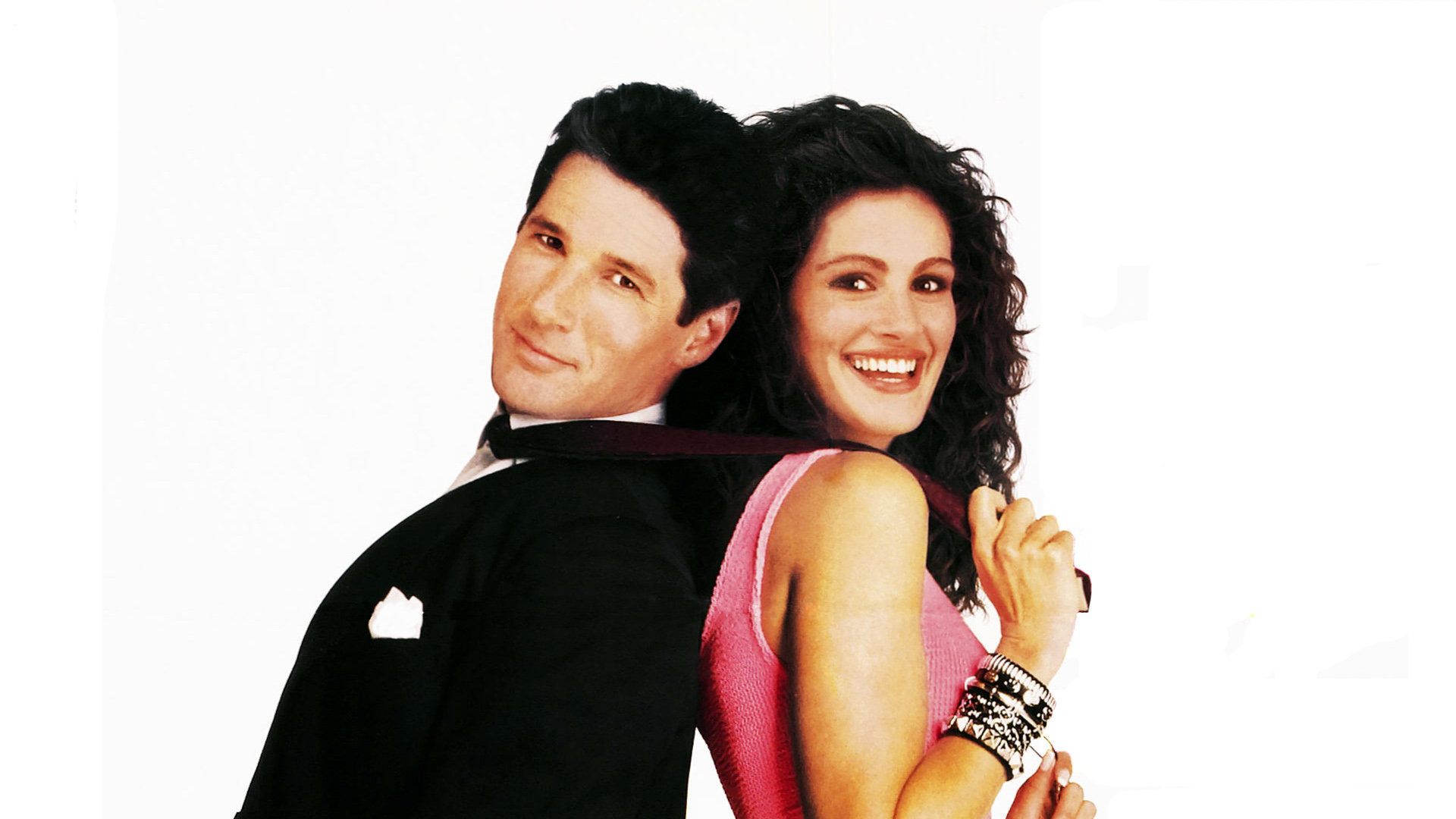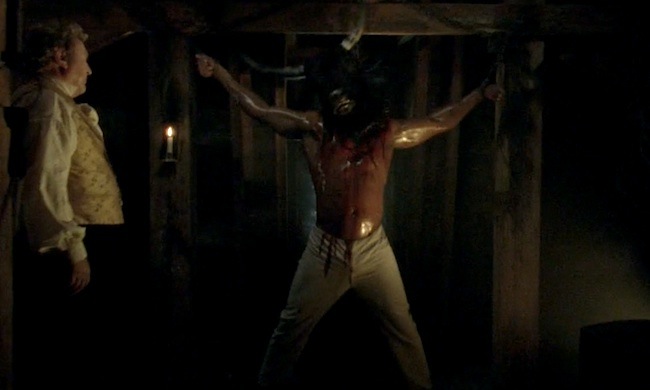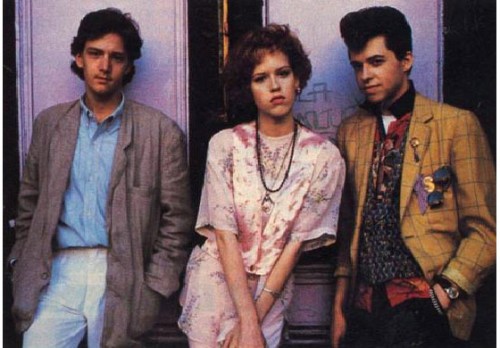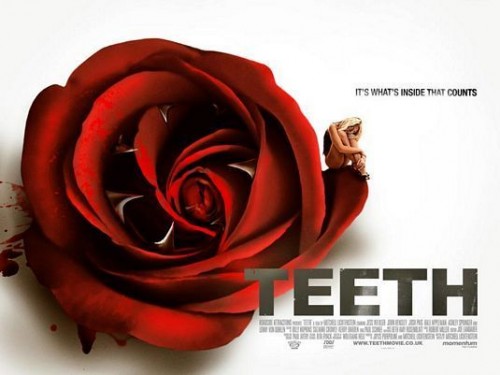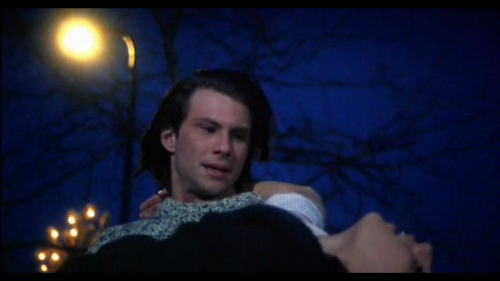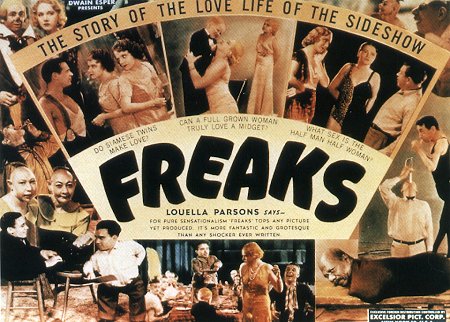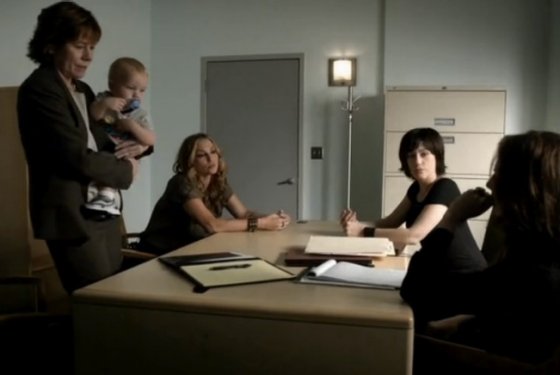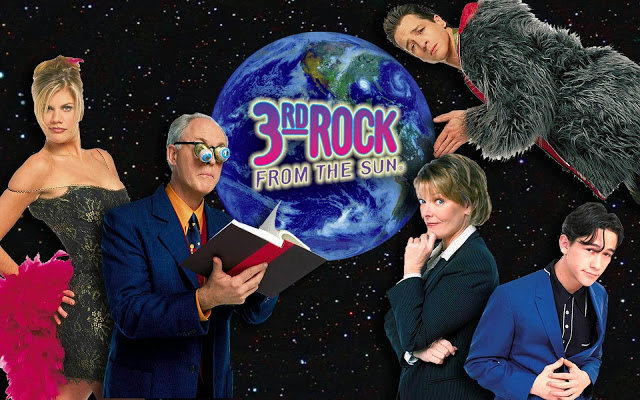On ‘Heavy Weights’ and the Power of Perkisizing
I’m a 90s kid, and I can vividly remember watching Disney’s ‘Heavy Weights’ (Steven Brill, 1995) and cracking up over Ben Stiller’s performance as the deranged Tony Perkis. Stiller’s hysterical role as Perkis is clearly an early preface to his infamous role as White Goodman in ‘Dodgeball’ (Rawson Marshall Thurber, 2004), a film that contains the same elements of fat-shaming and the subversive power of owning your own happiness. Brill’s film examines fat culture and American boyhood, a theme I don’t think we see enough in mainstream film today (more recently, see ‘The Kings of Summer’ (Jordan Vogt-Roberts, 2013)).
